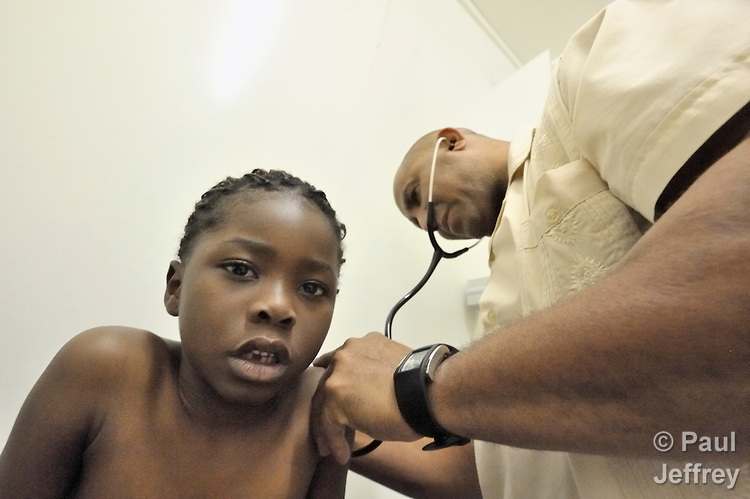
The Sunday Mail

Shylet Sanyanga
It is not a fact that medical aid societies are not paying health service providers timeously; they are paying, but in cycles within at least 60 days. This is why we have asked service providers to produce evidence that medical insurers owe them US$220 million and that some of our members are not sticking to the 60-day payment timeframe stipulated by law.
It should be clear that the Association of Healthcare Funders of Zimbabwe resolved to pay claims within 30 days.
That does not mean, however, that medical aid societies that go up to 60 days will be penalised.
AHFoZ is guided by a code of conduct violation that will result in the concerned medical aid society being expelled.
Payment should be within 60 days of the date that a claim would have been received.
We have 24 medical aid societies, and they might not perform at uniform speed; some might perform better. Our understanding is all are paying. If some are not, then the association should get their details and we will approach them to establish their challenges.
We encourage such medical insurers to be open about their situation, that they do not have money.
It would be unfair not to pay service providers.
So far, none has communicated inability to pay. There are also issues of reconciliation, and at times, some claims have been rejected for one reason or another.
There are different reasons why certain claims appear as if they have not been paid.
In some instances, claims have actually been paid with reconciliation not having been done.
We have given medical aid societies time to (go through their records and) answer those claims.
All healthcare funders are expected to see healthcare service providers’ tax certificates before paying them, and if that is not done, the law allows a medical aid society to withhold 10 percent of dues.
We have advised the Zimbabwe Medical Association that medical practitioners are free to bring these certificates to our offices for onward transmission to our members.
Everyone knows how the economy is performing.
In fact, some employer organisations have been failing to remit subscriptions to medical aid societies on time to the extent that some are now requesting payment plans.
Since introduction of the multi-currency system, most medical aid societies have not been able to build reserves.
Therefore, if subscriptions are not paid on time, this affects their ability to pay on time.
Some payment plans are also not being observed. The problem is bigger than medical aid societies, it’s at a macro-economical level.
We will engage Zima soon to find a workable solution, hoping doctors will not go ahead with the cash (payment) model they hinted at recently. Engagement is the best way forward, but if we fail to reach agreement, then the regulator (Health and Child Care Minister Dr David Parirenyatwa) – will have to step in.
It is hoped, though, that we won’t get to that.
I want to reassure medical aid members that we are committed to finding a solution.
They will not fail to access healthcare come July 1, 2016 as everything possible will be explored to keep the sector going as we exist in the same environment.



